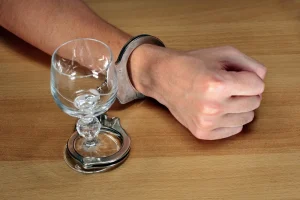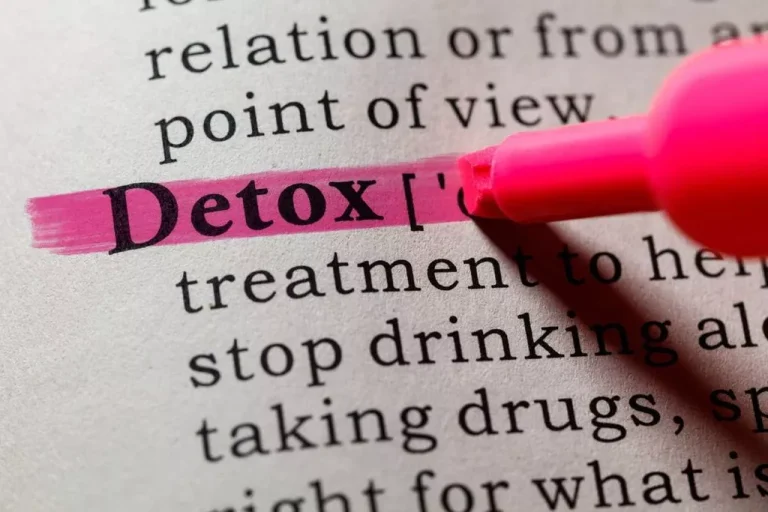Sober living
Alcoholism: A Family Disease How Alcoholism Affects Families

Of course, it’s not going to leave you without the tools you need to succeed. This program involves face-to-face meetings and daily online check-ins. Message boards, chat rooms, and contact information is available for you to access at any time. Successful detox requires professional medical care and compassionate supervision. Studies conducted on women receiving inpatient treatment showed the highest success rates. Patients who received long-term treatment, six months or more, had a 71% success rate.
- As a result, the time, effort, and resources formerly dedicated to life-sustaining activities, such as working and spending time with the family, are disrupted.
- When researching the resources available for families affected by addiction, it is important to consider the emotional, psychological, and physical needs of all individuals who occupy the home.
- Sims who struggle to keep the spark alive now also risk the possibility of death by heartbreak.
- Alcohol, drugs, and risky behaviors will become their methods of dealing with problems.
How Alcoholism Impacts Children
Substance use disorder is a primary, chronic, and progressive disease that sometimes can be fatal. No matter your background or expertise, your loved one will likely need outside help. For those who love someone living with an addiction, it is very difficult to sit back and let the crisis play out to its how does alcohol affect relationships fullest extent. When they reach the point in their substance use when they get a DUI, lose their job, or go to jail, for example, it can be difficult to accept that the best thing they can do in the situation is nothing. You may still want to help your loved one when they are in the middle of a crisis.

Alcohol and children
If drinking is now part of your past, there are steps you can take to stay sober and avoid a relapse. Although ditching old routines such as drinks after work or get-togethers with alcohol is a step in the right direction, you also need to develop new habits. If you have concerns about your relationship with alcohol, you might be wondering how to modify your drinking without stopping completely. One place to start is with your doctor, who can help you come up with a plan. Alcohol use disorder (AUD) is a chronic, relapsing disease involving compulsive consumption of alcohol despite the harms it causes to your health and relationships.
The Effects of Alcoholism on Families: How Alcoholism Effects Families

According to Brown, the main difference between the transition stage and the early recovery stage is a general lessening of the physical cravings and psychological impulses for alcohol. They may also help guide the family as they begin to move from drinking to abstinence, then toward the last part of the transition stage. They’re the people who may be the most likely to stick up for you, and who may have seen you through the best and worst of times. Many families affected by alcoholism need a reminder that there is always a way out. If you or someone you know needs something to point them in the right direction, you might consider the following newsletters.
Don’t Enable Their Behavior

Attempts may be made to help the person gain insight into why life has become unstable for so many in the family unit. However, in the final analysis, it may be up to them to begin the process of recovery. The family may be encouraged to stop denying the alcohol use and supporting the drinking and begin to find avenues to reach out for help.
Once your family member is in treatment for their alcohol addiction, some programs may involve family members in your loved one’s therapy. Together, the family unit learns how to better communicate with each other, while rebuilding bonds of trust and stability. Some programs may even provide community-based resources for families, such as https://ecosoberhouse.com/what-are-sober-living-houses/ housing, employment, childcare, healthcare, and legal services. If you’re the child of a parent who has or had an alcohol use disorder or other substance use problems, seek out support, especially if you suspect it’s causing issues for you. Therapists and other mental health professionals with experience dealing with addiction can help.
- Addiction can undermine formerly strong relationships, creating an atmosphere of distrust and provoking feelings of betrayal.
- Dr. McCrady’s research on Alcohol Behavioral Couple Therapy and the B-FIT treatment discussed in this paper has been supported by grants from NIAAA.
- More specifically, the severity of relationship distress is influenced by alcohol consumption by one (or both) people’s alcohol consumption.
- Lean on the people around you, and, if you need to, reach out to a mental health professional to speak about your stress and what you’re going through.
- It can be tempting to mask the problem by attributing it to outside circumstances (“She’s going through a rough time since she got divorced,” or “He’ll stop drinking once he’s done with this stressful project.”).
National Recovery Month

- A review of the literature found a significant relationship between alcohol and domestic violence — with one 2020 study in Australia citing alcohol as a factor in roughly 24% to 54% of family and domestic violence police reports.
- Dr. Laney’s clinical interests include training of psychologists, psychoanalytic treatment of trauma and attachment trauma, psychodynamic treatment of personality disorders, as well as motherhood and women’s issues.
- They also have higher chances of maladjustments in childhood and teen substance abuse.
- If your loved one is truly dependent on alcohol, they are going to drink no matter what you do or say.
